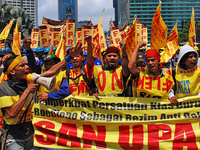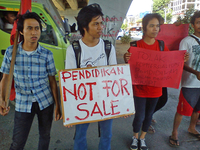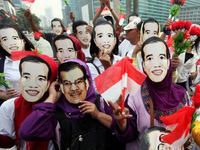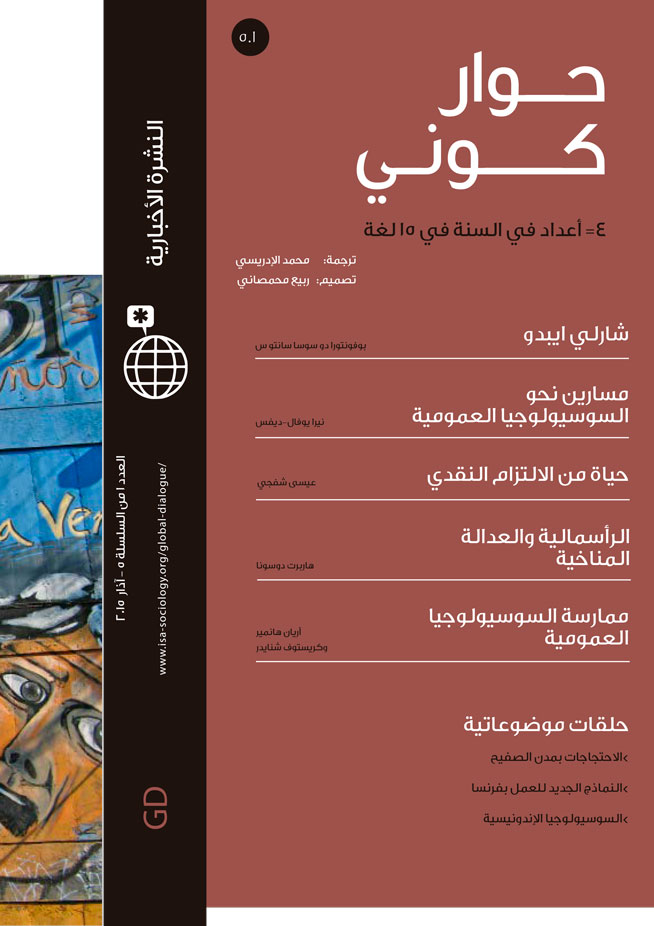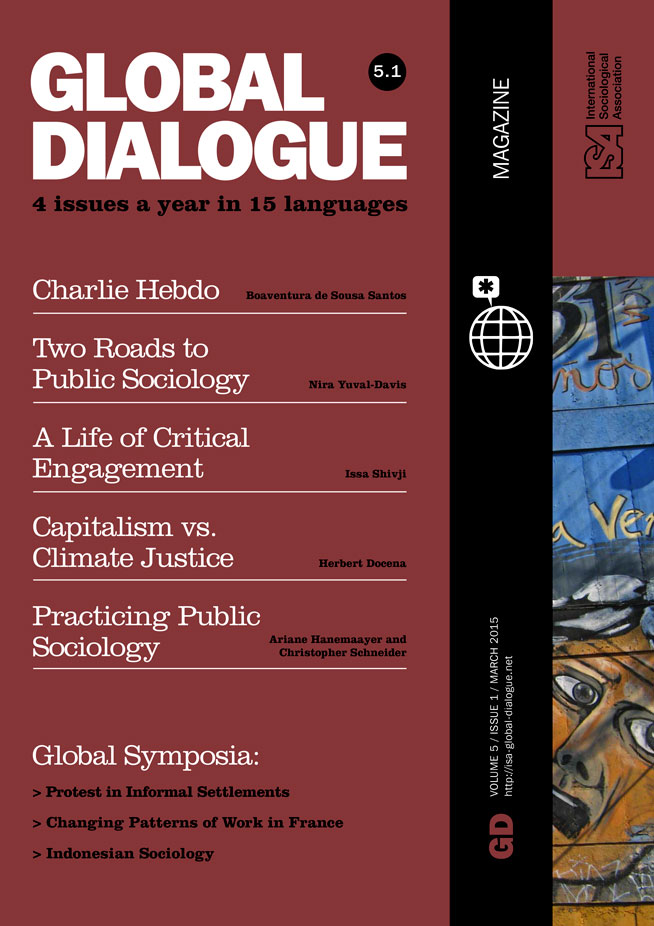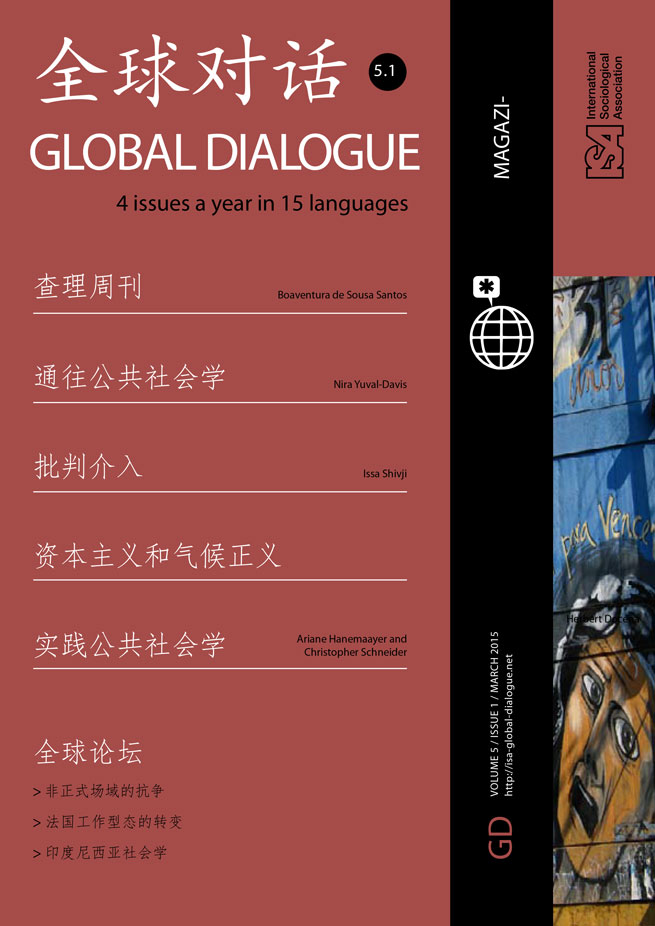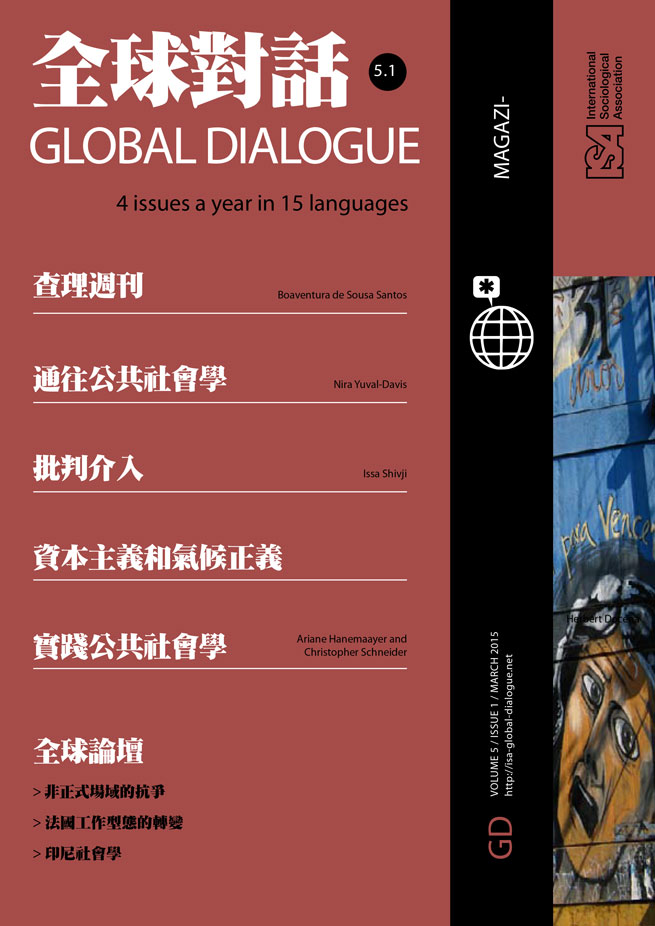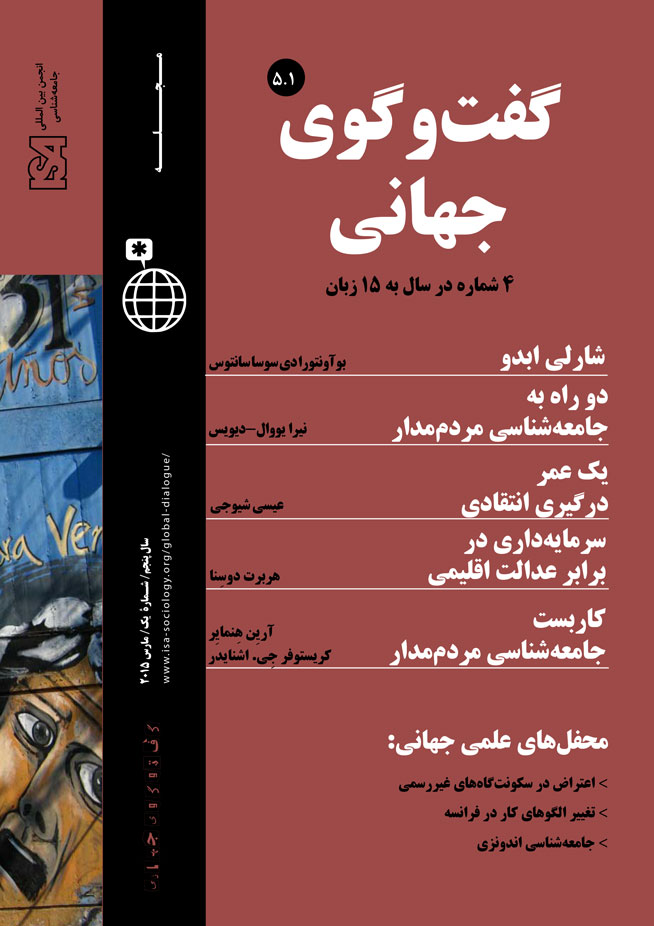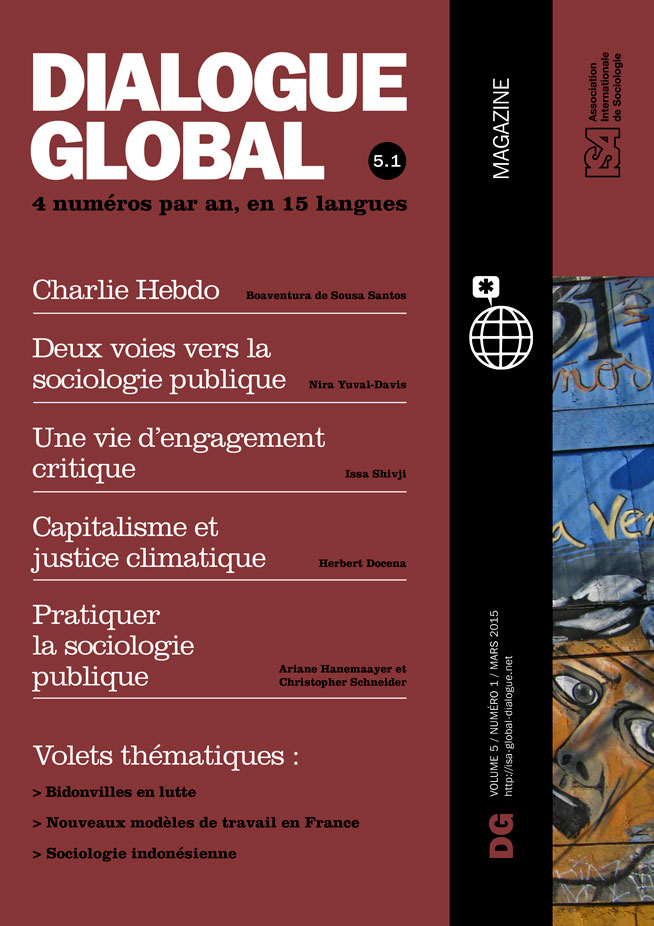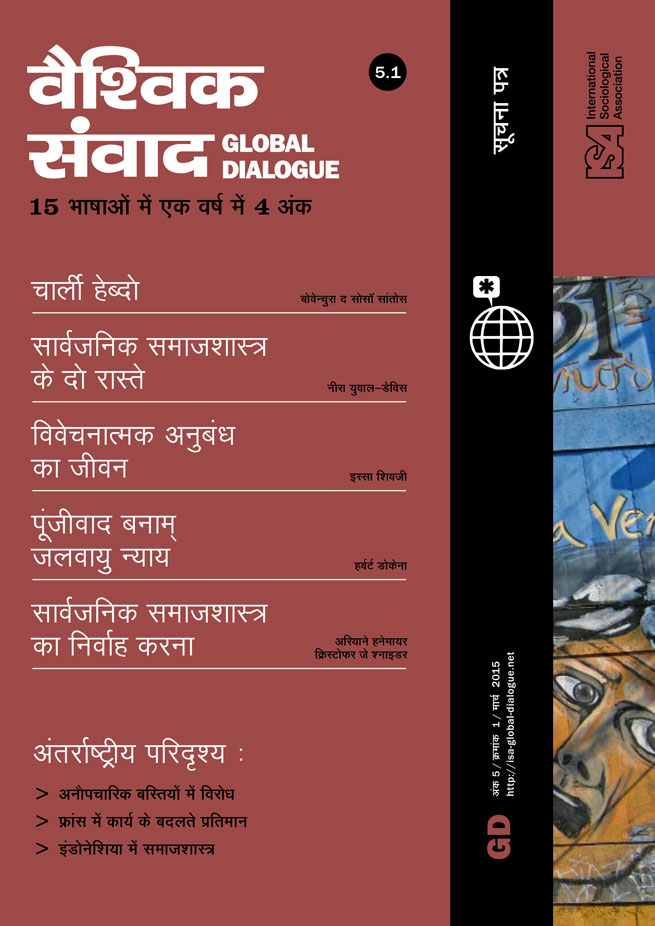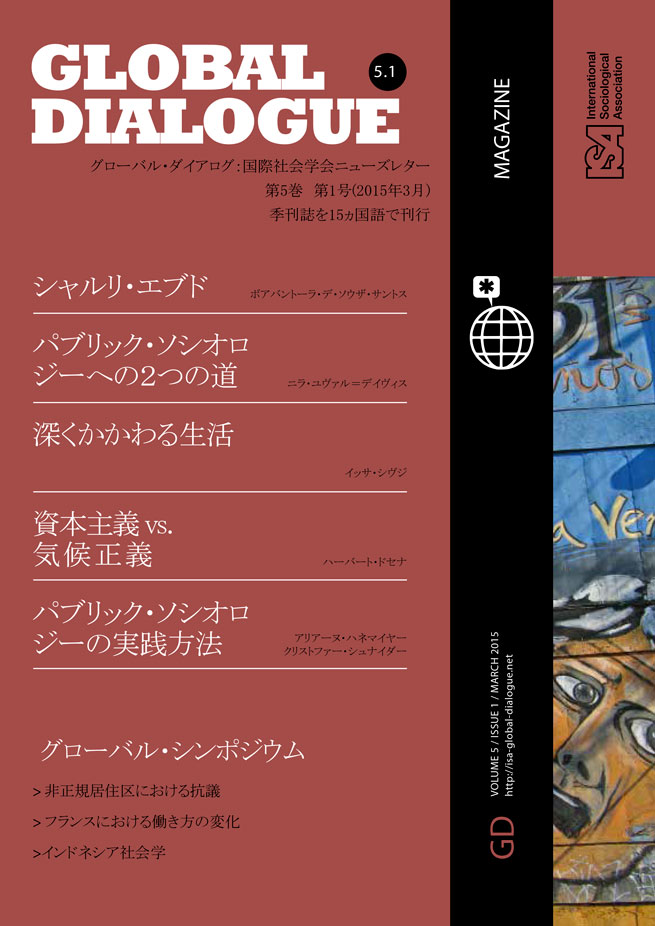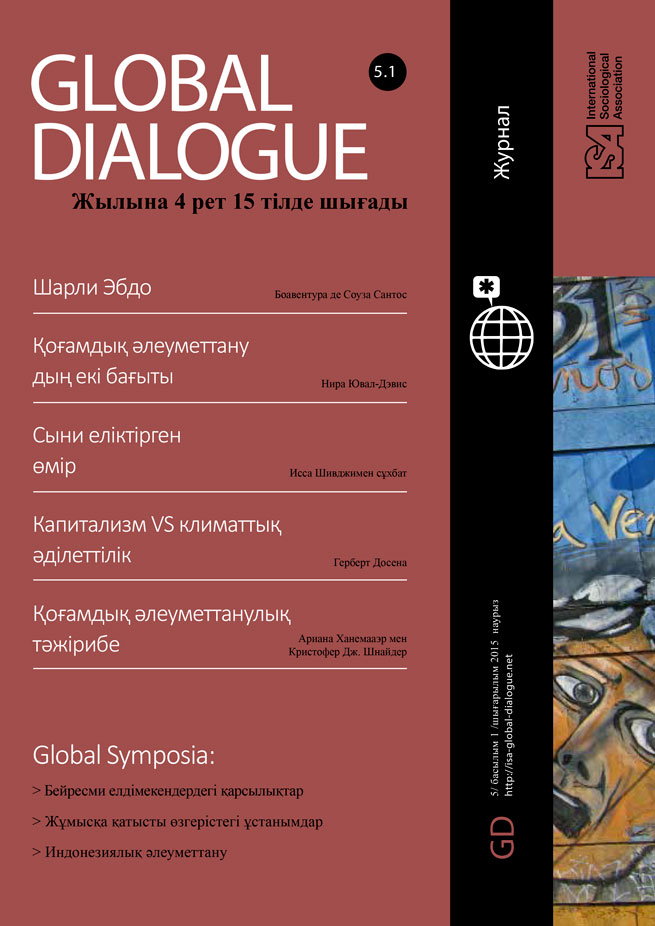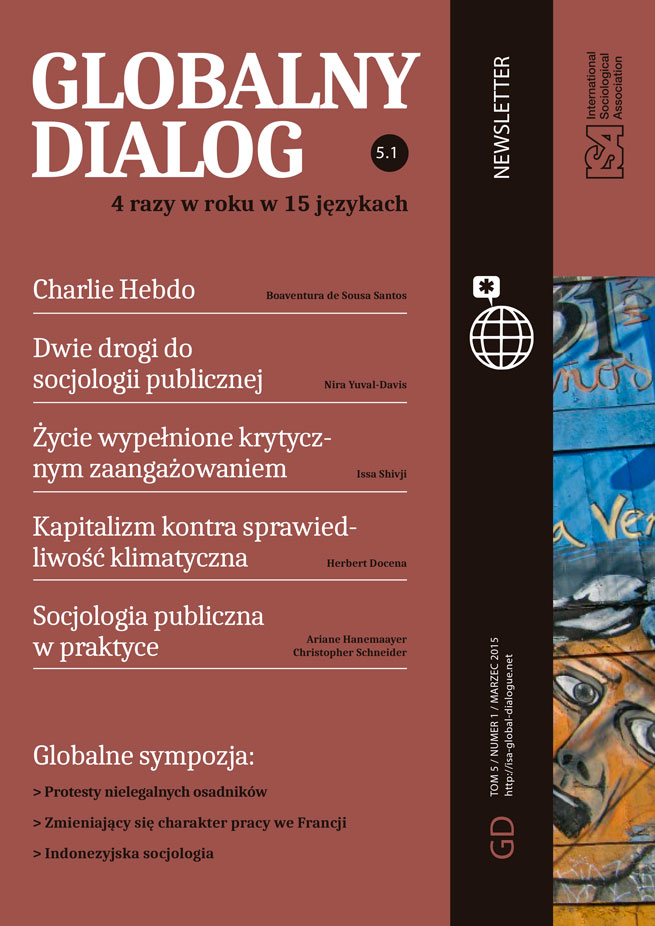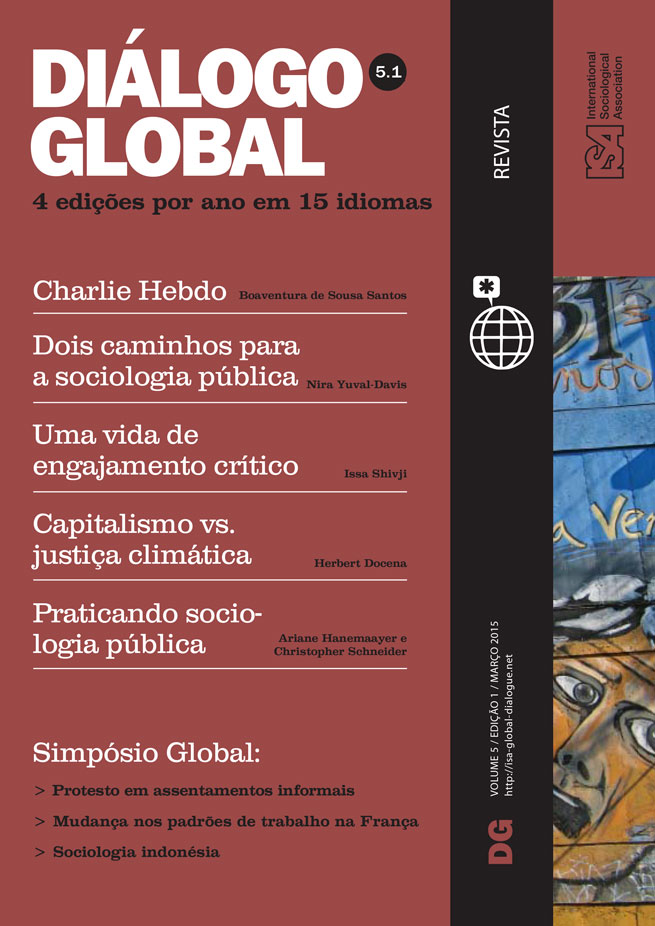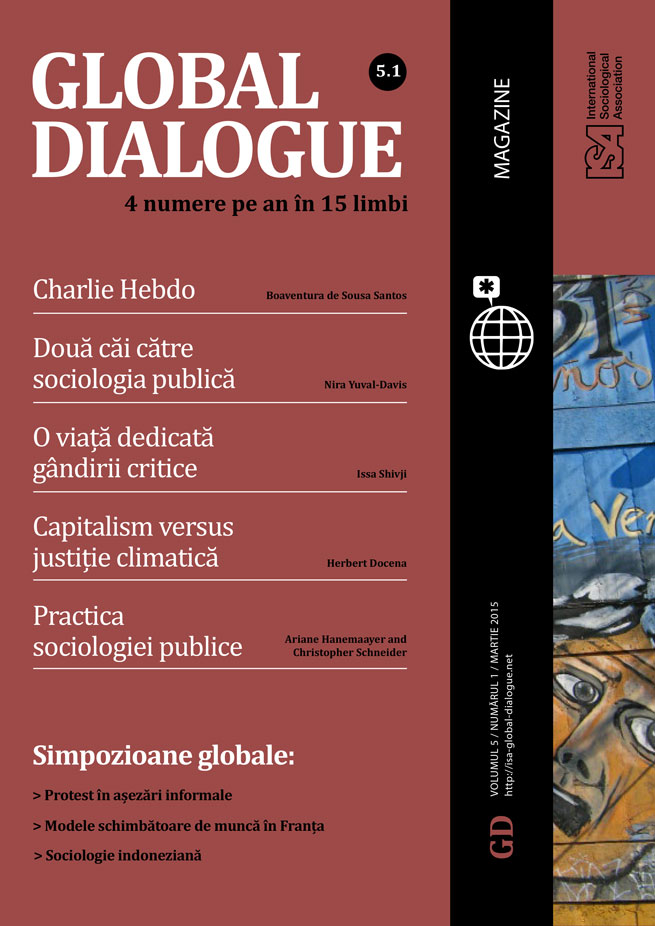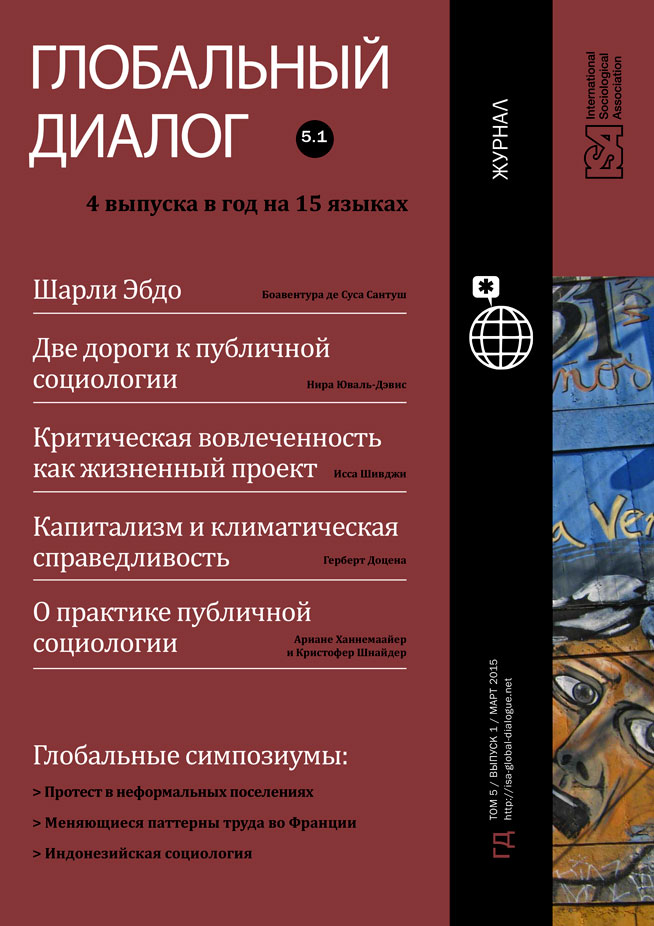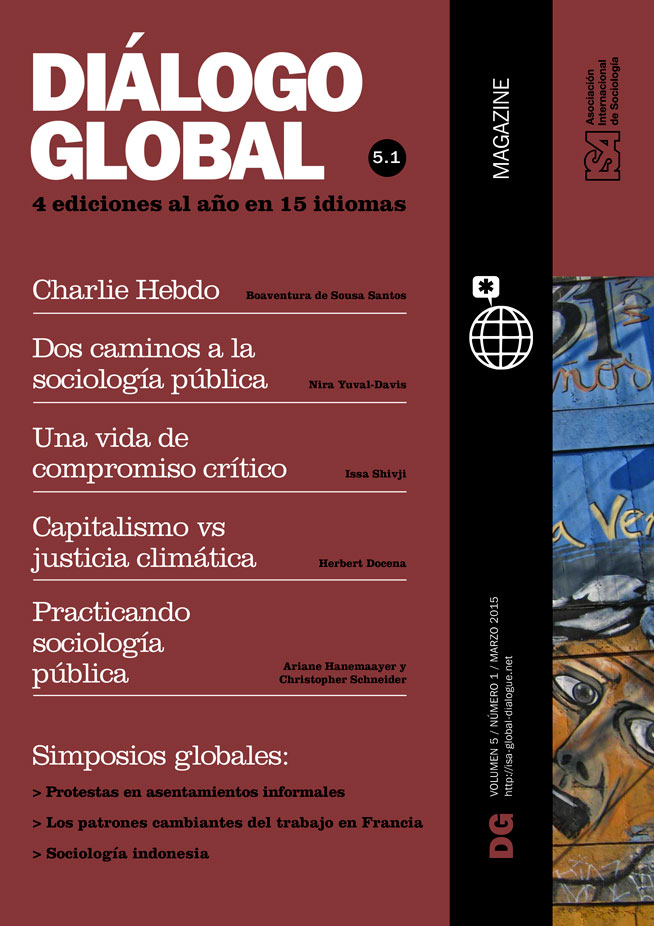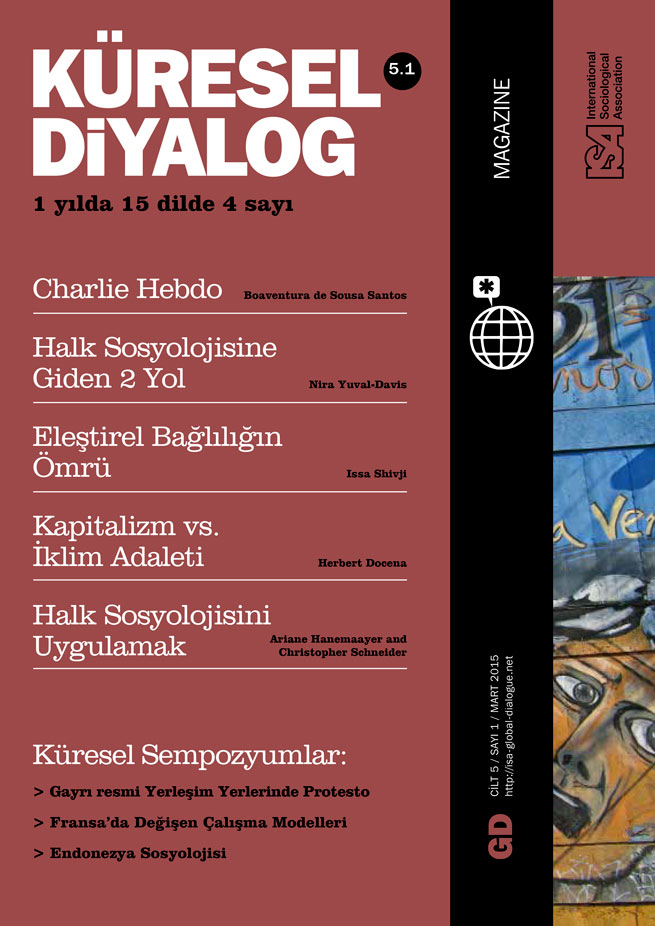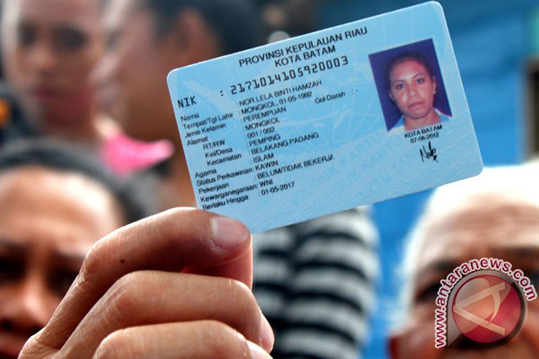At the end of the Suharto era (1990s), the Indonesian public sphere was marked by religious sentiment and racial intolerance. Being non-Muslim or Chinese and, therefore, perceived as non-native Indonesian, was hard at that time. These sensitive issues were at play in the 1998 riots which triggered the “Reformation” that brought Suharto’s New Order to its end.
Racial discrimination toward Indonesian-Chinese – stipulated as government policy in 1967 when Suharto started ruling Indonesia – was prohibited in 2000 by Abdurrahman Wahid, Indonesia’s fourth President. Confucianism, which is perceived as the traditional religion of the Indonesian-Chinese, was recognized as one of the country’s official religions in 2006. While racial sentiment has been moderated over the past decade, religious sentiment and prejudice persist. The issue is so sensitive that people avoid religion in rational and critical public discourse. Politics make religion untouchable.
Throughout Indonesian history, religion has been used in politics, reaching its peak in the bureaucratization of religious legal identity in the 1970s. In the Dutch East Indies era (from the early nineteenth century until 1942), religion, especially Islam, was considered a political threat, because it could mobilize civil unrest. The Dutch colonial government let “religious Islam” grow, but repressed Islam as a political identity. Similar policies suppressed political activities by local indigenous religious groups. Expressions of religion were confined to the realm of personal affairs.
Under Japanese colonialism (1942-1945), Islam became a strategy of war. The Japanese mobilized anti-Dutch sentiment among Indonesia’s Muslim majority, creating a special unit of state administration to control and facilitate an Islamic movement; in independent Indonesia, this would become the Ministry of Religious Affairs.
During Indonesia’s early period of independence (1945-1959), groups who identified as a part of a broad Islamic movement claimed they had contributed to Indonesia’s independence and argued that Indonesia should become an Islamic state. On the other side, secular nationalist groups, including both Muslims and non-Muslims, insisted that Indonesia should be a state for all religions.
A compromise between these two groups was enshrined in the 1945 Indonesian Constitution (article 29). Indonesia was not a secular state, because it was based on the belief of an almighty god, but it did not specify any specific religious creed. Moreover the new state guaranteed religious freedom. But the compromise also established a Ministry of Religious Affairs in 1946, a step designed to accommodate Islamic groups.
In the era of Sukarno’s “guided democracy,” (1959-1965) there was polarization between religious groups and non-religious groups, with great tension between religious groups (Muslims and Catholics) on one side and communists on the other. Sukarno’s nationalist faction, which leaned toward socialism, tended to be more neutral in terms of religion. In order to make religious groups feel protected from atheist-communists attacks and to win support from religious groups, Sukarno introduced an anti-blasphemy law in 1965 concerning the “Prevention of Blasphemy and Abuse of Religions.” Later, this unexpected law served as a basis for the next phase of Islamization, as it was used against people seen as acting against religion (especially Islam).
During the Suharto era (1966-1998), religion became excessively bureaucratized. The anti-blasphemy law served as the guardian of religion’s position in the public domain. Under this law, the Suharto administration recognized several official state religions (Islam, Protestant, Roman Catholic, Buddhism and Hinduism), excluding Confucianism and local beliefs.
Ever since the Suharto era, Indonesian citizens have had to declare their religion officially on their ID cards. Effectively, the Ministry of Religious Affairs serves as an executive organ for exercising the governing power of the state. In addition, a marriage law that was enacted in 1974 intensified the power of religion in state administration: adhering to one of the country’s official religions is required for obtaining marriage and birth certificates. Meanwhile, the 1989 Religious Court Act established religion’s power deep in Indonesia’s administrative structure through the judicial branch of government. Religion became a legal identity. The Ministry of Religion strengthened the power of religion, giving it a bureaucratic basis; it penetrates state administration, differentiating between citizens. This is how Suharto brought religion under his wing.
With the Reformation (following Suharto’s resignation in 1998), Indonesia’s public sphere became a site of contestation for many groups (religious, ethnic, local and territorial communities), seeking public attention, and recognition from the state. In the Reformation era there emerged a new politicized Islamic movement expressed, for example, in the religious conflicts that erupted in the Moluccas in 1999. This upsurge in religious conflict led to a new tolerance for unrecognized (unofficial) religions and “other Islamic” (Ahmadiyya and Shia as well as the majority Sunni) identities to be represented on the public stage. Along with the recognition of Confucianism and local beliefs, previously unrecognized religious groups have been permitted to register their marriages since 2006. Individuals may now leave “religion” blank on their ID cards, even if they do not belong to one of the official religions.
However, religion often wins in political contests, suggesting that religious sentiment and ties remain stronger than any other socio-cultural affiliation. Religious sentiment in Indonesia’s public sphere is not uncomplicated. But clearly, when religion becomes a legal identity, religion has been regimented as a state instrument, exploited by the ruler to oversee the ruled. Through Indonesia’s state administrative agencies and its judicial branch, religion’s authority has been co-opted by the state, and strengthening its power over people’s everyday life. In such an organized form, religion becomes an administrative affair, threatening its spirituality.
Antonius Cahyadi, University of Indonesia, Depok, Indonesia, Member of ISA Research Committee on Sociology of Religion (RC22) and ISA Thematic Group on Human Rights and Global Justice (TG03) <antonius.cahyadi@ui.ac.id>

